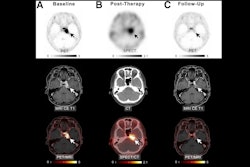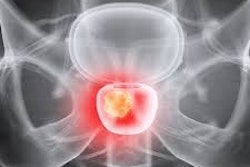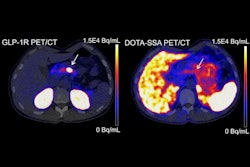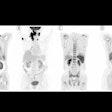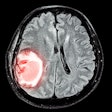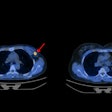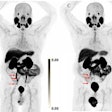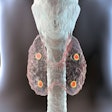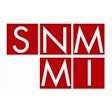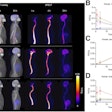Dear AuntMinnie Member,
Recent studies have demonstrated that single-item physical activity questionnaires can provide prognostic information among patients undergoing CT heart scans. Researchers at Cedars-Sinai Medical Center in Los Angeles have explored for the first time whether this also may be true for cardiac PET patients.
Their study is significant, given that cardiac PET imaging is on the rise in the U.S. and is expected to increase even more with the recent approval of a new PET radiotracer for patients with known or suspected coronary artery disease. Click here for details.
Beyond diagnostic uses, PET and SPECT have been showing their stripes for applications such as monitoring heart disease patients and tracking how they respond to treatments. PET/CT imaging with iodine-124 evuzamitide recently revealed treatment responses in cardiac amyloidosis patients, while SPECT/CT showed how patients taking tafamidis respond to the treatment.
Despite these advances, there was some bad news recently: Nuclear cardiology could see significant reductions in Medicare reimbursements in 2025, according to a leading expert.
When it comes to theranostics, gallium-68 (Ga-68) prostate-specific membrane antigen (PSMA) PET/CT imaging continues to play a key role not only in selecting patients for lutetium-177 PSMA-617 (Pluvicto) treatment but also may improve the length and quality of life for patients, according to a recent study in JAMA Network Open.
We also reported on new guidelines that cover theranostics for brain tumors, specifically meningiomas, and that the use of intraarterial peptide receptor radionuclide therapy (PRRT) is a safe and effective alternative to intravenous PRRT in patients with these types of tumors.
Finally, we covered a National Nuclear Security Administration (NNSA) meeting October 9 in Arlington, VA, where key stakeholders met to provide updates on a U.S. initiative to secure domestic supplies of molybdenum-99.
Discussions in that meeting were highlighted by news the following week that the restart of a nuclear research reactor in the Netherlands is expected to cause supply shortages in the U.S. of the imaging agent technetium-99 m (Tc-99m) into November.
For more molecular imaging news, be sure to check in regularly with our Molecular Imaging content area.
Will Morton
Editor
AuntMinnie.com





